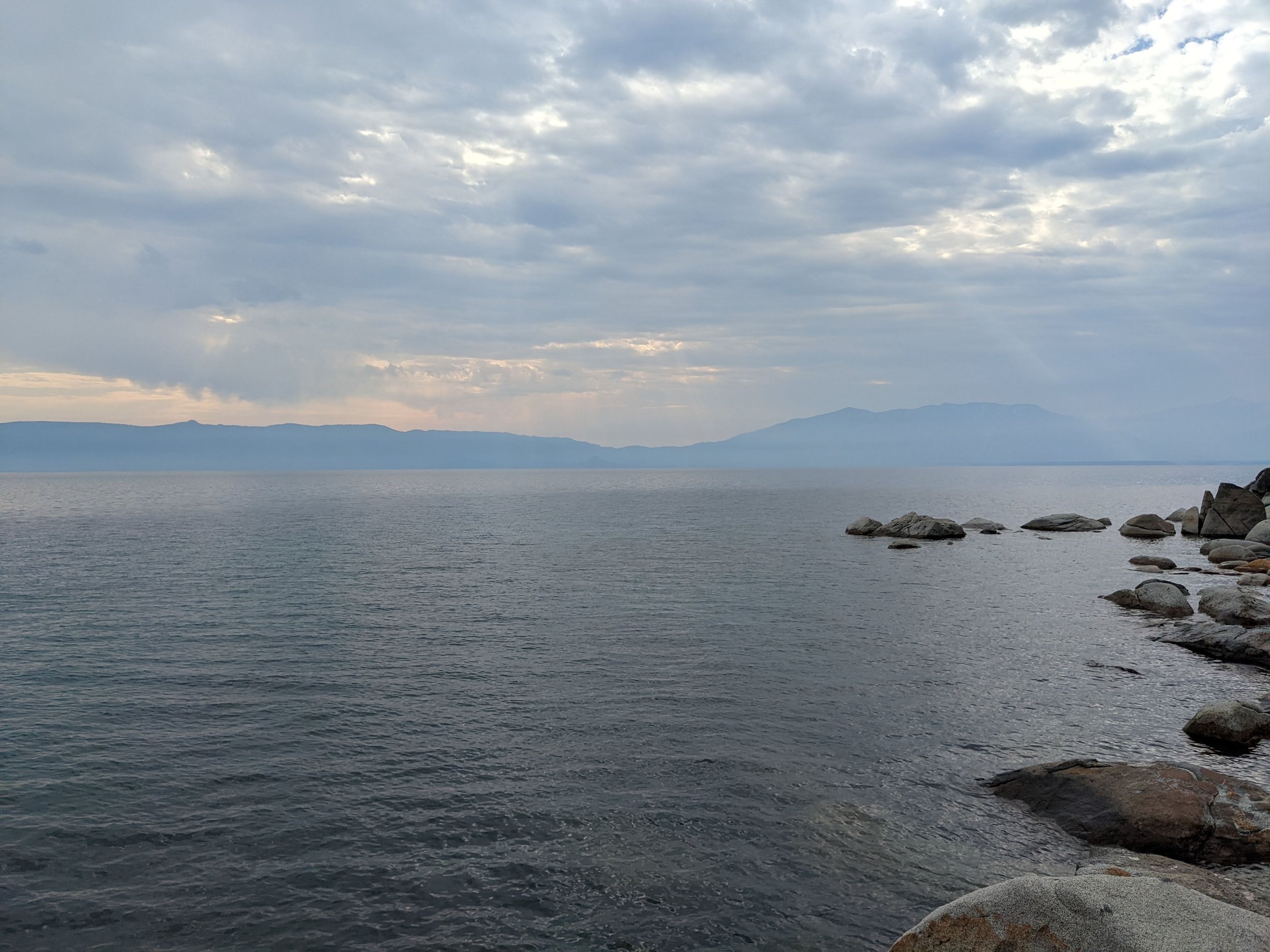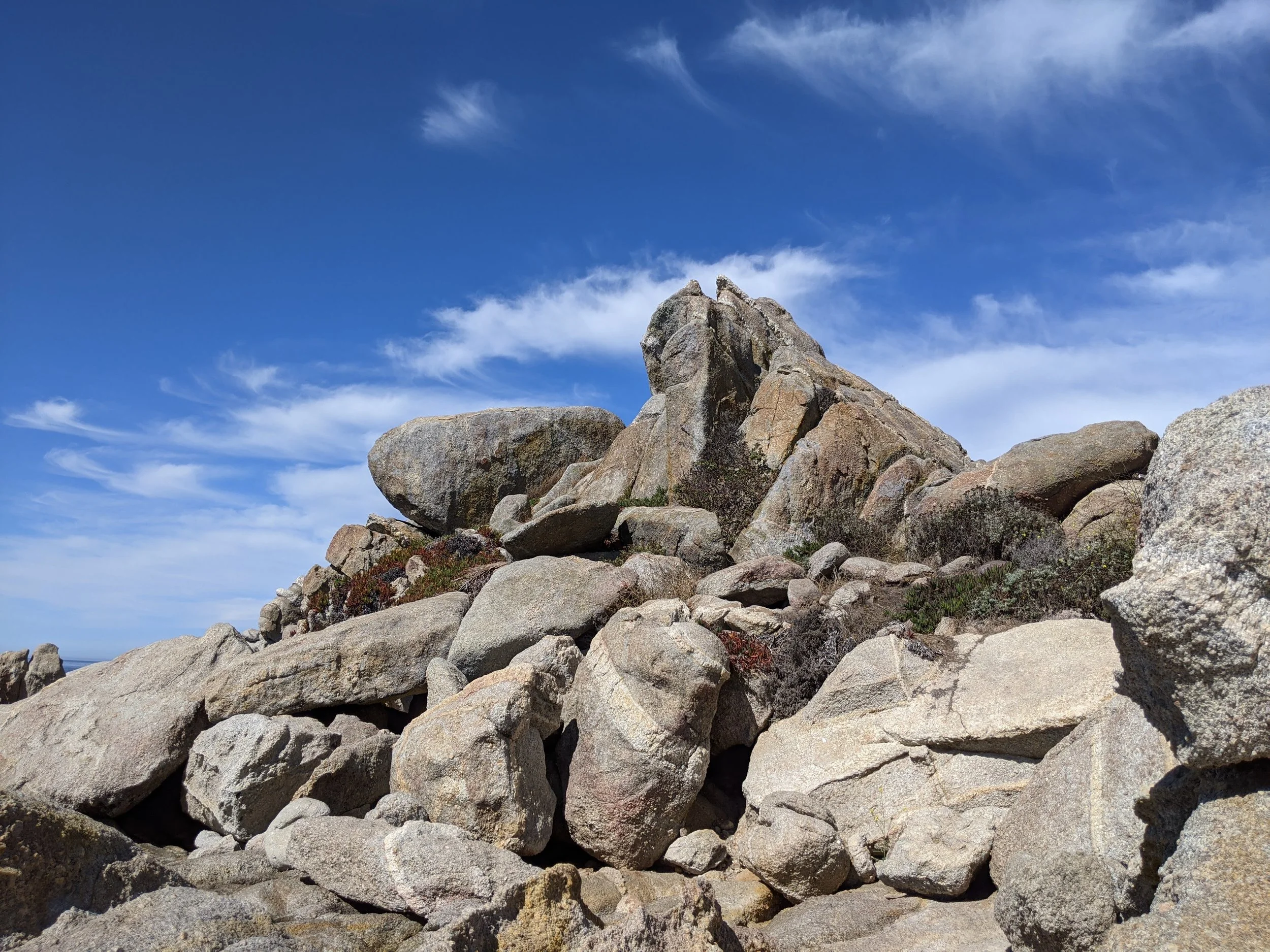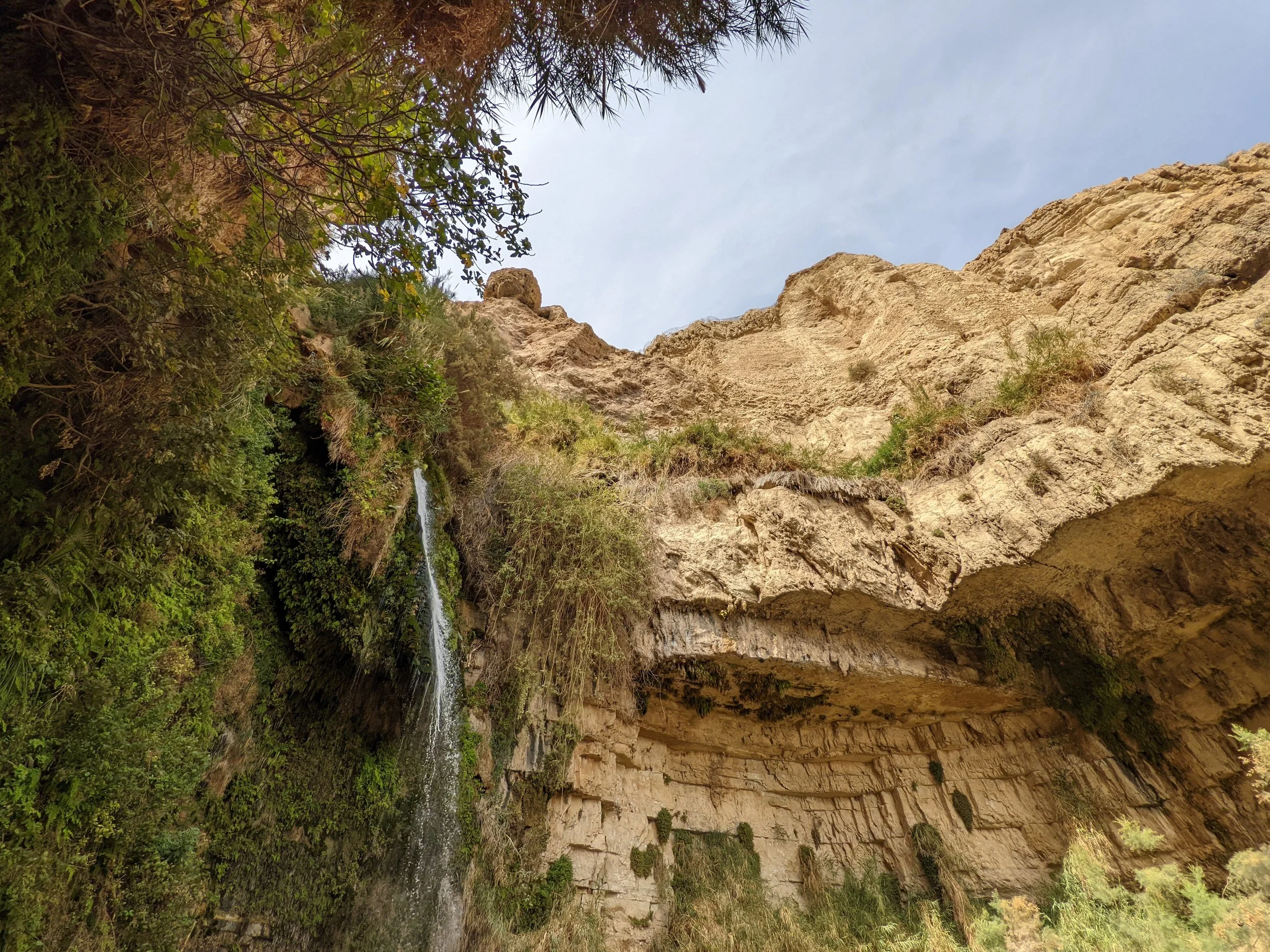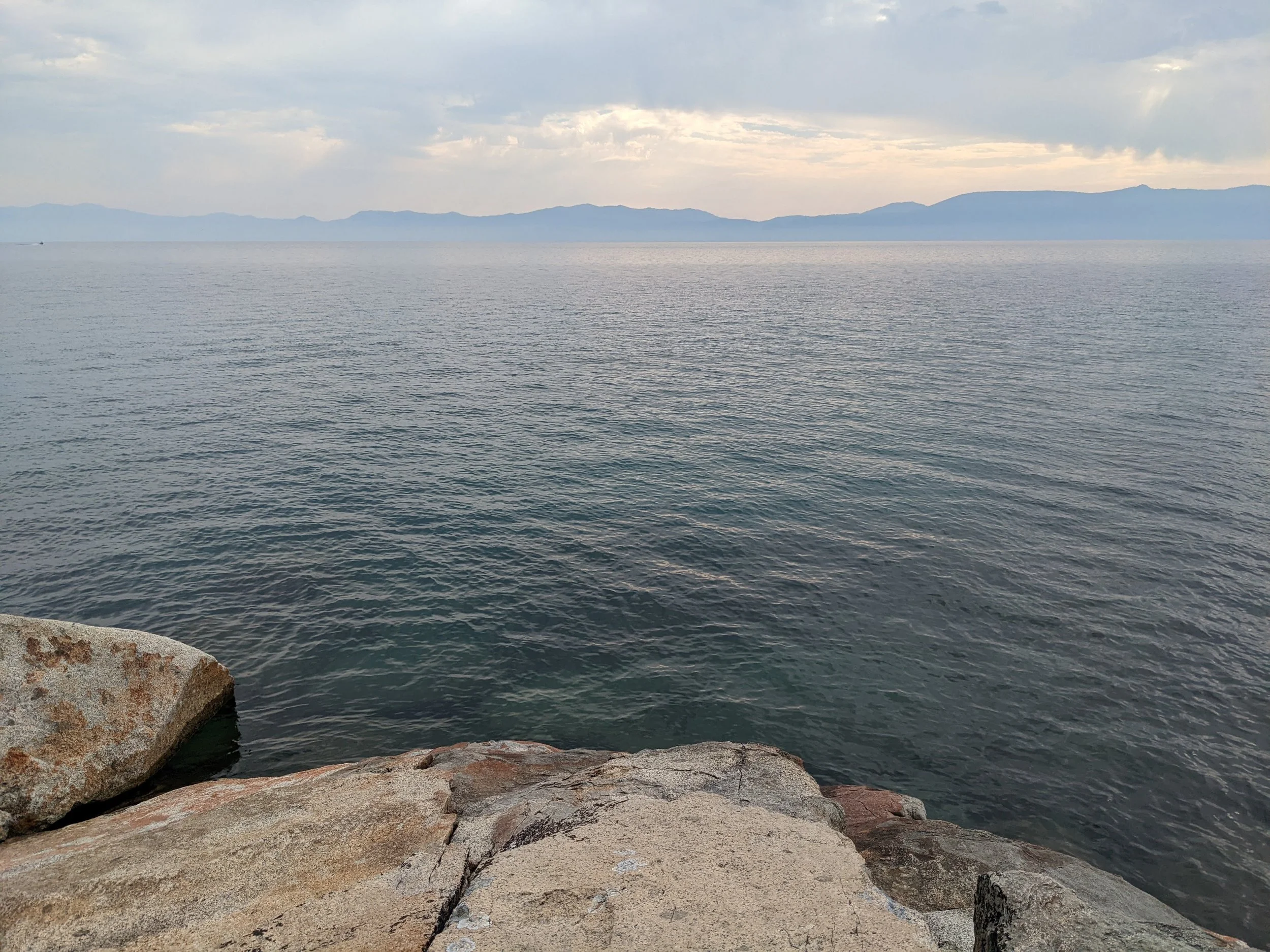48b And about the fourth watch of the night he came to them, walking on the sea. He meant to pass by them, 49 but when they saw him walking on the sea they thought it was a ghost, and cried out, 50 for they all saw him and were terrified. But immediately he spoke to them and said, "Take heart; it is I. Do not be afraid." 51 And he got into the boat with them, and the wind ceased. (Mark 6:48b-51)
Walking on the Sea
This miracle is so fantastic and otherworldly that many have tried to explain it away. But this is what happened, and if Jesus can rise from the dead and create the galaxies, he can easily walk on water.
And the way he did this is fascinating. First, he waited until the fourth watch of the night, which is the Roman way of indicating between 3:00 AM and 6:00 AM. He had seen them while up on the mountain, perhaps in the moonlight, perhaps by spiritual revelation, and now he comes to them.
Jesus Is God!
This whole movement hints that this is a moment where the disciples are interacting with the divine. How do we know this passage is meant to show us Jesus is God?
First, he walked on the sea. This defies the natural order in a significant way, indicating a miracle only God could perform. The one who parted the Red Sea and split the Jordan River now walks on water.
Second, walking on water and passing by his followers, just like Jesus did, is what God does in the Old Testament book of Job.
"(God) alone stretched out the heavens and trampled the waves of the sea. Behold, he passes by me, and I see him not; he moves on, but I do not perceive him. (Job 9:8, 11)
Third, when Jesus spoke to them, he said, "It is I." In Greek, this is simply, I AM, which is the title God used of himself when speaking with Moses.
Fourth, Jesus told them not to be afraid. He was there. This is the kind of language the whole Bible uses to describe God. Don't be afraid. God is here. But Jesus says, Don't be afraid. I am here.
Fifth, the whole episode is the gospel message in miniature. The bread is full and abundant on the shore. The disciples head out. A storm comes. Jesus sees their tragedy. And he descends from his high place to save them. He did what they could not do by walking on water and consuming the storm. This is the gospel. The garden was abundant. God's people tried to live in obedience but failed. The storm of the curse came. And God descended to us in Jesus. He did what we could not do by living a perfect life, dying for us so that we could avoid the storm of God's wrath. Believe in him.
But there is one last way, a sixth way this passage might point to Jesus' divinity. Notice how he meant to pass by them (48). It sounds comical to us, but what did Mark mean by the statement? Scholars have ventured many insufficient guesses. But, in light of everything I've just pointed out, could this also be a hint at the divine nature of Jesus? There was a time God put Moses in the cleft of the Rock on Mt. Sinai so he could pass by his man (Exodus 33:22). He also passed by Elijah when he was on Mt. Horeb (1 Kings 19:11). Jesus is greater than Moses and Elijah. God did not pass by Jesus, as he had for those figureheads, but Jesus passed by his men. He is imitating God because he is God.
It Is I
This was not the first time the disciples had struggled at night on that lake. The last time they found themselves in a storm, with Jesus asleep in the stern. That night, after Jesus calmed the wind and wave, they asked, "Who then is this, that even the wind and the sea obey him?" (Mark 1:41). The question has gone unanswered until now.
On this night, Jesus answers their question. It is I. Or I AM. Again, it was a statement of deity. It was a way for Jesus to answer their question by saying, "I am God. I am divine. And I am with you and will never leave or forsake you."
In our struggle for obedience, we must remember who we are dealing with. Jesus is fully man, and he is fully God. He became one of us, but he also created us.
Lesser Versions of Jesus
The knowledge of Jesus' true identity is important because we often believe too little of him. There is a little classic Christian book by J.B. Phillips called Your God Is Too Small. In it, he makes the case that believers often have too low a view of the Lord.
We might see him as able to comfort or encourage, counsel or guide, befriend or satisfy, but can we see him as the Almighty God we must turn to for deliverance? Can we see him as the one who makes us new, delivers us from the wrath to come, but also delivers us from these bodies of sin today? As Paul said:
"I have been crucified with Christ. It is no longer I who live, but Christ who lives in me. And the life I now live in the flesh I live by faith in the Son of God, who loved me and gave himself for me. (Galatians 2:20)
If Jesus is who the Bible says he is, knowing his identity is a powerful aid in our struggle for obedience. Next week, we will consider a final step.
***
For the entire Mark series, go here. Thank you.




